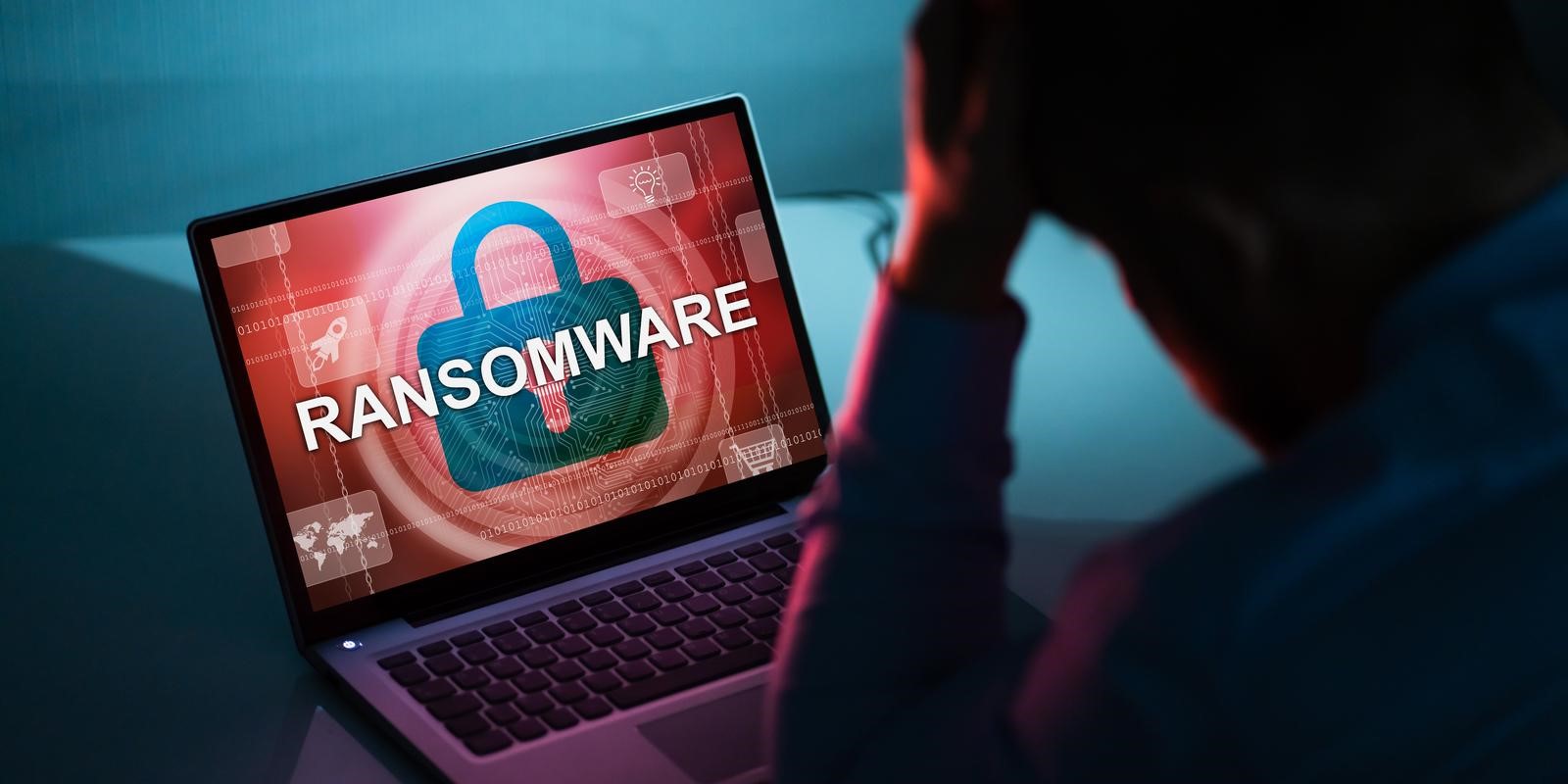Why is Ransomware Dangerous to Your Business?
Nov 12, 2021
iCrowdMarketing powered by iCrowdNewswire

The world of cybercrime has evolved immensely, especially in the last few years. 2020 saw a global pandemic cause a shutdown across the entire world. This revolutionized the world into a place where people were starting online businesses and working remotely.
Unfortunately for us it also gave cybercriminals a golden opportunity to develop their tools and tactics. They have developed new malware that can cause you a lot of headaches when installed on your device.
One of these malicious software is called ransomware. Ransomware can cause your business a lot of trouble. It’s fair to say that it's probably the last thing you want on your device, so read on to find out more about ransomware and how to protect your devices from it.
What is Ransomware?
Several different forms of malicious software can be installed on your device. One of the most dangerous forms of malware is ransomware. It does exactly as the name suggests, it holds your device at ransom.
However, it is a bit more intricate than that. Ransomware can live on your device undetected. It is programmed to target specific files or accounts on your device. As soon as you try to access those accounts you will find that they are encrypted.
This means that you won’t be able to open, edit or even move the files. They essentially become useless to you. The encryption will only be removed once you pay the ransom fee to the cybercriminals.
Ransomware can also encrypt your accounts. For example, they might hold your email account at ransom, which will prevent you from gaining access to it until you have paid their fees.
How Can Ransomware Affect Your Business?
If you’re running an online business you’ll want to avoid ransomware as it could seriously damage your business. You also need to ensure that your employees are aware of the dangers that ransomware poses to the business, especially if they work with sensitive business information.
If your employees have important business files and information on their devices there is a risk that ransomware could encrypt these files. You won’t have access to them until the ransom fee is paid, which could cost you a lot of money.
It will also waste your valuable time as you need to work a way around not having these files available. Cybercriminals can take some time to remove the encryption from your files.
Furthermore, ransomware can be used to encrypt important personal documents that you might need to use which will cause you a lot of headaches. At the end of the day, it is not worth taking the risk of being unprepared.
How Can Ransomware be Installed on Your Device?
There are several different ways that cybercriminals can install ransomware on your devices. In the majority of cases, they will install the software without your knowledge to prevent you from taking action quickly.
The first way that they can install ransomware on your device is by using phishing scams. Phishing scams are fake emails that have the software attached to them. Once you click on the attachment it will be installed on your device.
You might think that you would never fall for a phishing scam, however, cybercrime has developed over the years. Hackers will use social engineering to trick you into opening their fake emails and attachments.
For example, they will set up an email address similar to a company that you know and trust such as your bank. The email will contain the logo and color scheme of the company in question. In most cases, it will almost be an exact replica of what the company’s emails look like.
For instance, you might receive an email from your bank stating that there has been suspicious activity on your account. The attachments will be fake bank statements that they will ask you to verify. As soon as you open the attachment the malicious software will install in the background.
Another way that hackers can install ransomware on your device is through fake links on the internet. These can be found on pop up ads, fake websites and even on social media.
How to Protect Your Device from Ransomware?
Protecting your devices against ransomware is crucial to keeping your business safe. There is one main cybersecurity tool you need to use if you want to stay safe. The best software to use is a premium antivirus.
Antivirus software will constantly scan your device for any malicious software, including ransomware. If any malicious software is found, the antivirus can take the necessary steps to remove it from your device.
You must ensure that your antivirus is always kept up to date. Software updates are sent out regularly to fix any flaws that have been found in the system. Updates also add extra layers of security to protect against new tactics used by cybercriminals.